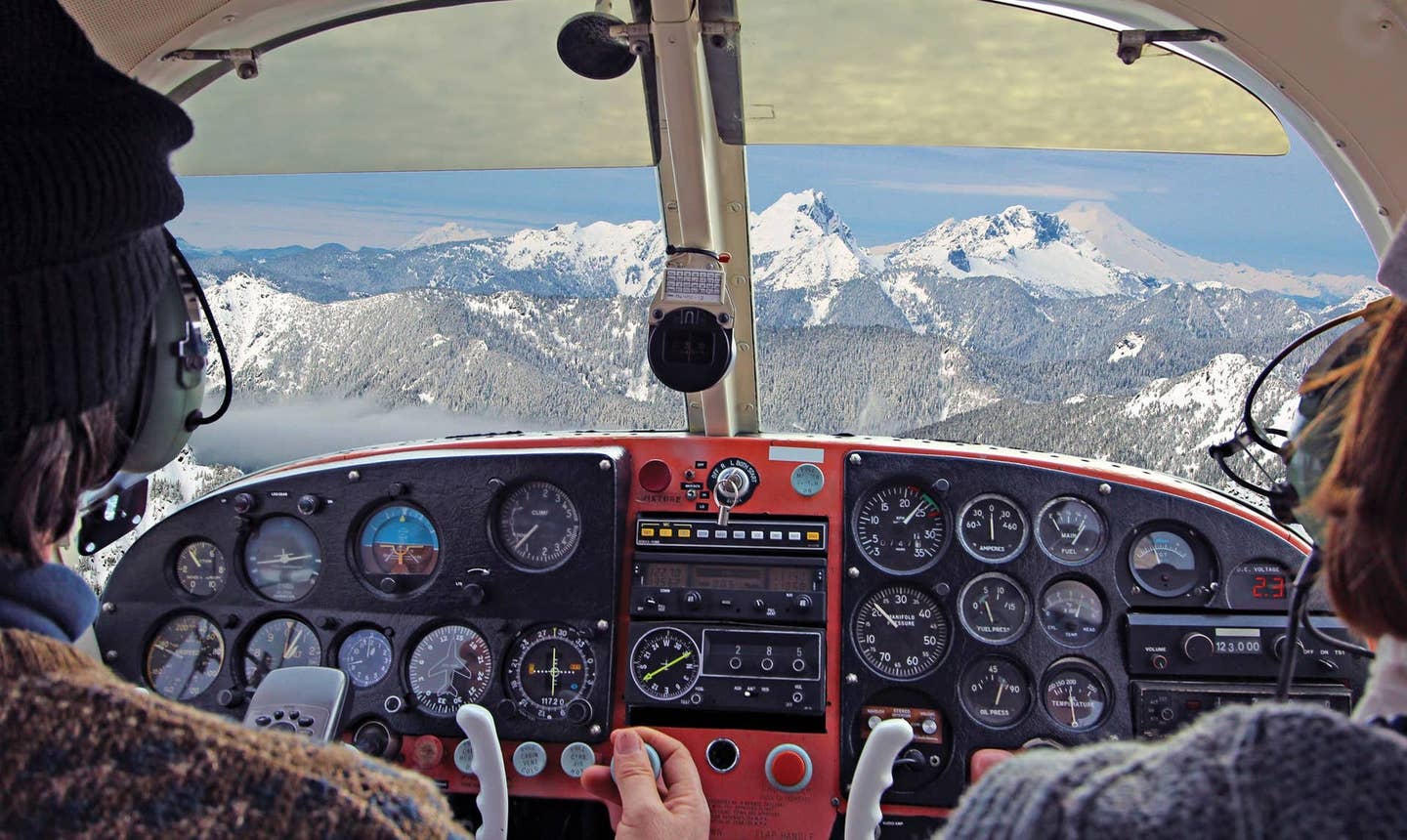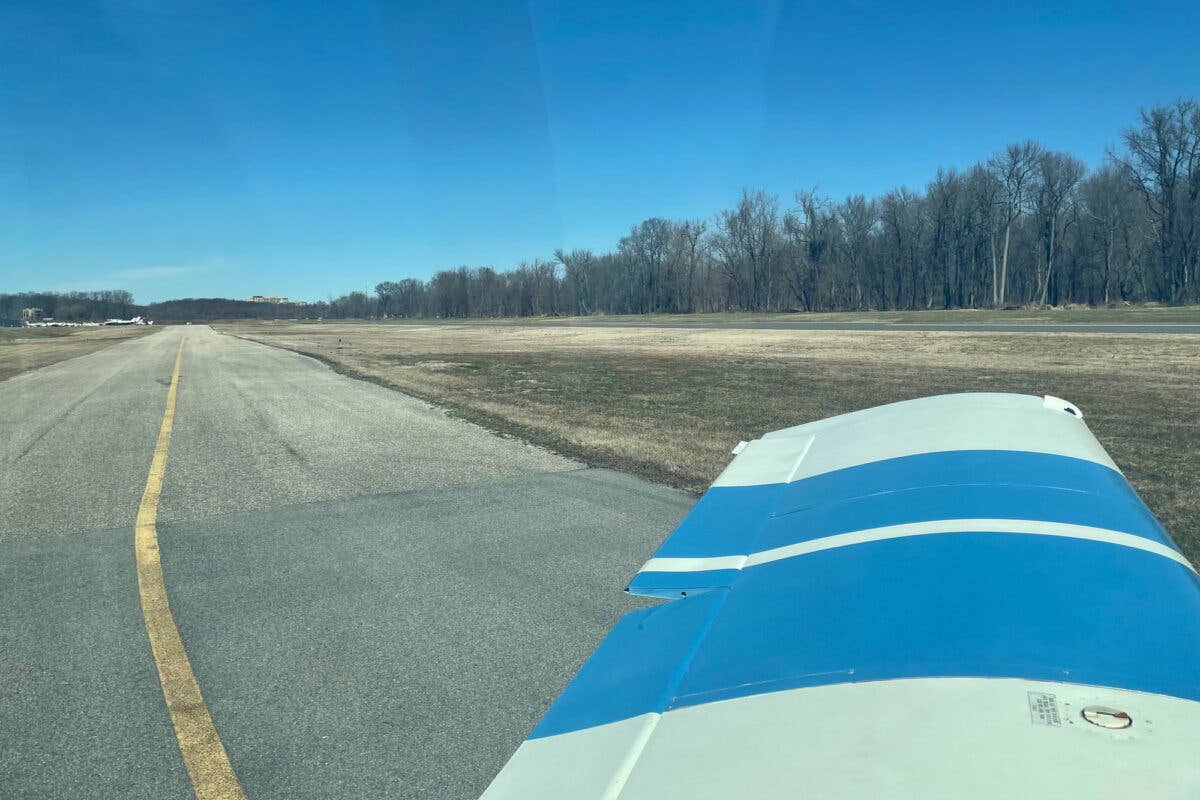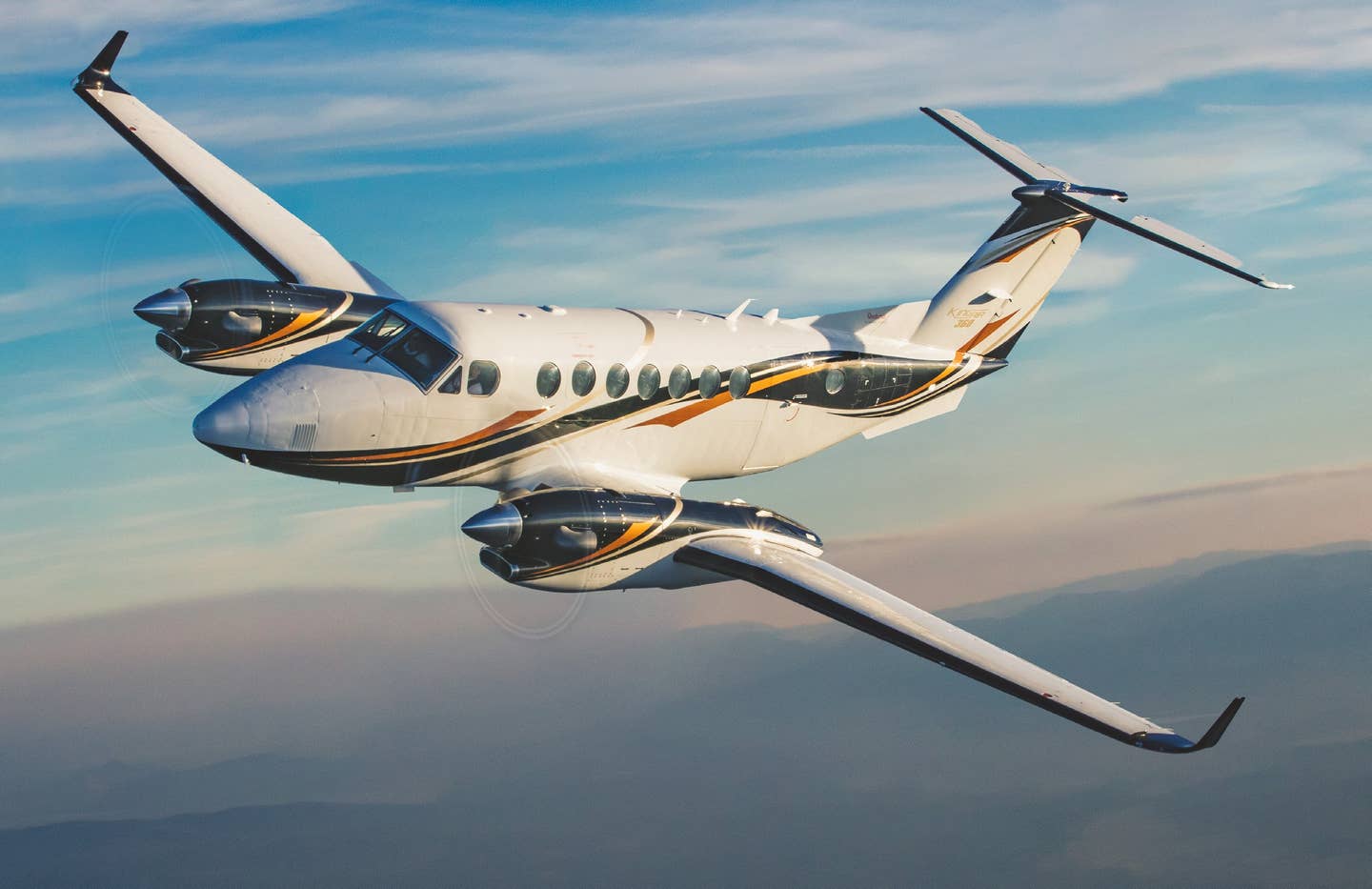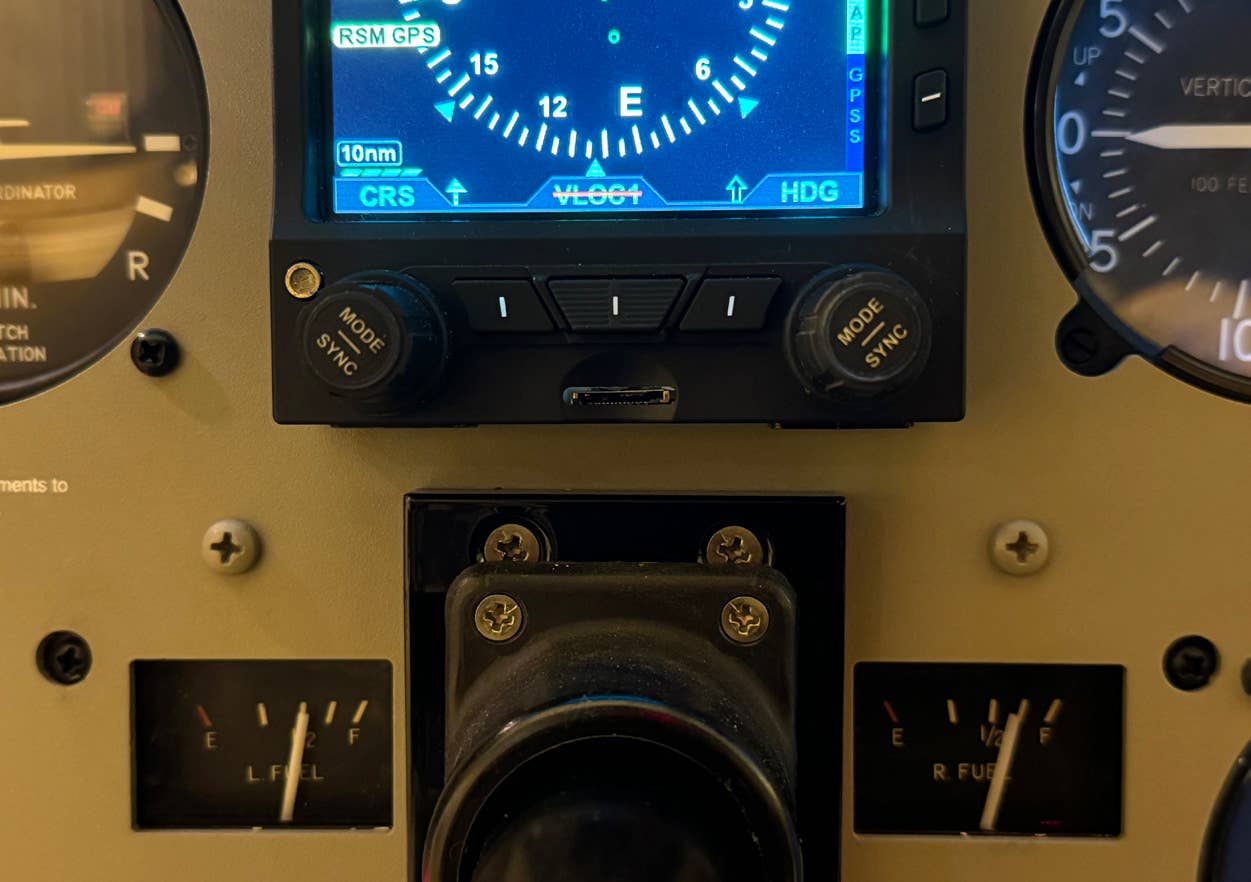
** Steve Hinton, Reno Air Races winner**
When planning a flight, pilots are trained to prepare for contingencies; minor problems and emergencies will arise at some point throughout every one of our flying careers. We taxi slow enough in case we experience a brake failure. In a single-engine airplane we choose a route of flight from point A to B that will take us over alternate airports or at the very least suitable terrain in case we experience an inflight problem or failure. I personally plan for the worst so that if the event does occur, I have mentally prepared for it.
However, I never planned on experiencing a problem while performing a 'buzz job;' I had always assumed it would go right, and up to this point, everything has gone according to plan. But as I looked at contingencies, like I do for each aspect of the rest of a flight, I realized that by flying low to the ground at high speed, I have opened the door for a possible incident or accident to occur. For instance, what if I had taken a bird strike? Would it disable me or the airplane, and how would it impact any person or building on the ground? Could I recover from it? Also, if I were to experience some sort of a mechanical issue or failure, I would have further increased the risk because I would no longer have the altitude to allow me to troubleshoot the problem.
Most importantly, and I must admit that I never looked at this side of the coin before, how do the people on the ground watching us perceive our actions? Oftentimes as pilots we are looked upon by fellow aviators as examples; though this may be naive of them, it is a fact. So a pilot who may have thousands of hours of experience and may be comfortable performing low level maneuvers could possibly negatively impact the conscience of newer pilots who may not have the experience to know any better. And if they go and attempt to perform the same maneuvers, how will they fare?
Aviation is under intense scrutiny, both by the general public (mostly because they fear what they do not understand) as well as legislators. Any time there is an incident or accident, it is, in my opinion, usually blown out of proportion. However, that is the reality in which we live, and it is up to each and every one of us to proceed with the utmost professionalism and safety-minded conscience in order to ensure that future aviators may be able to experience the same joy we are lucky enough to experience now: the freedom to fly whenever and where ever we want. We have been blessed to fly in this one-of-a-kind nation, which affords us these freedoms, and we should not take it for granted.
Get exclusive online content like this delivered straight to your inbox by signing up for our free enewsletter.
We welcome your comments on flyingmag.com. In order to maintain a respectful environment, we ask that all comments be on-topic, respectful and spam-free. All comments made here are public and may be republished by Flying.

Sign-up for newsletters & special offers!
Get the latest FLYING stories & special offers delivered directly to your inbox






